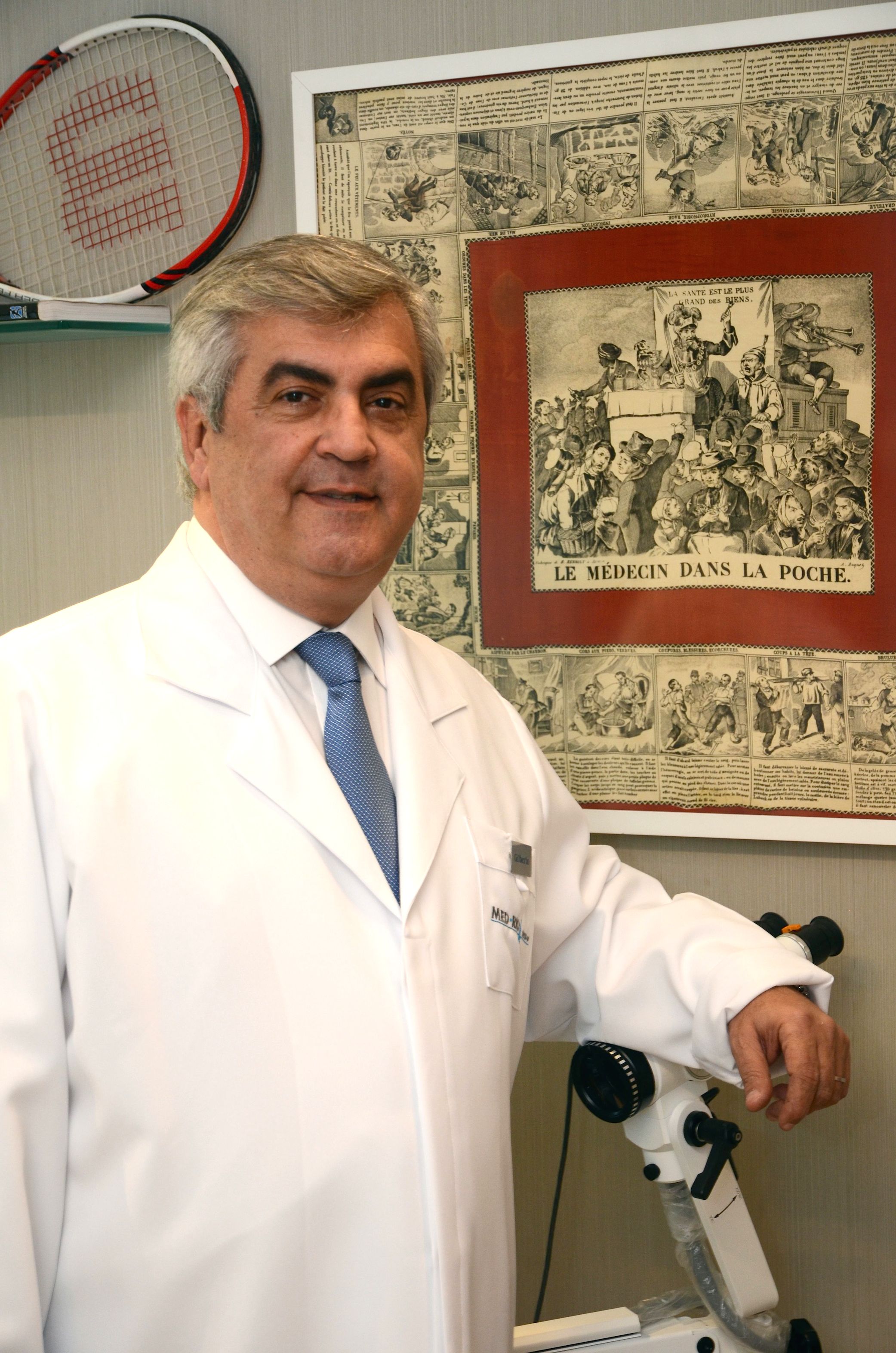
Dr. Gilberto Ururahy is one of the founders of Med Rio Check-Up. Market leader and specialized in preventive medicine since 1990, Med Rio Check-up has realized more than 120.000 check-ups on executives, men and women.
You can call it a new medical specialty, increasingly integrated in the daily routines of professional health workers: We are talking about lifestyle medicine and the importance that this medical approach has gained over the last decades, due to its obvious logic.
Death, that historically came rushing, at a gallop, mounted on infections capable of killing millions of people in a short period of time, today comes in slow motion, turbocharged by unhealthy lifestyle habits.
Today, more people die of chronic disease that leads to heart attacks, strokes and cancer than of a flu epidemic. Even more serious is the fact that most of these deaths could have been avoided, sometimes even without the use of medication. In the case of cancer, quitting smoking and cutting back on alcohol consumption is more effective than chemotherapy. More quality sleep to charge your batteries and a diet with less processed food and less carbs is another safe way to guarantee the health of your liver.
According to the World Health Organization, simple lifestyle changes could reduce 80 percent of all coronary disease cases, strokes, cases of diabetes 2 and 40 percent of all cancers that affect humanity.
A study from USP and Harvard University indicates that 20 different kinds of cancer linked to the use of tobacco, alcohol, to obesity and the lack of exercise cause 114.000 cases of cancer in Brazil every single year. These findings are among the evidence, collected over four decades, that have given substance to the practice of what we call lifestyle medicine.
The idea is to intervene in the individual behavior of a patient as part of the actions taken to prevent, treat and even reverse chronic disease before it appears or reaches a stage where medication or surgery is the only option.
Lifestyle medicine is based on six pillars. You have probably heard a lot about some of these pillars, and their positive impact on our health is well known. This goes for regular exercise, a diet rich on vegetables and fruit, the necessity to avoid excessive consumption of alcohol and to keep a safe distance from tobacco and drugs.
The other three pillars of this medical approach is quality sleep, stress management as well as healthy, social and personal relations.
If you don’t get enough sleep, you are more vulnerable to infections and to stress, causing anxiety, depression and obesity. The last pillar of the lifestyle approach, which is the attention and care of friends and family, is based on some sad figures. Social isolation and solitude increase the risk of dying early.
The biggest challenge of lifestyle medicine is to involve people in strategies to maintain their good health, and in case of illness, in their treatment.
The lifestyle approach uses knowledge gathered over 40 years, that allows doctors and health professionals to design individual programs for every patient, as a tool to get him or her involved in the prevention of chronic disease or in his or her recovery. The patient needs to take the leading part in his or her own wellbeing.
New habits, healthier and based on preventive medical exams, are not only fundamental when it comes to a person’s wellbeing. New habits are also your best investment in yourself, and in society, as it contributes to reducing the increasing impact that chronic diseases has on the economy. Chronic diseases affect the productivity of a company and consume a major share of what is spent on healthcare. In the US, expenses caused by chronic disease represent 86 percent of the yearly spend of the health sector.
Eating more fruit and vegetables, exercising more, keeping up with social relations, avoiding an abusive consumption of alcohol, sleeping sufficiently, manage stress and having periodic medical check-ups will cost you way less than treating diseases.
By Gilberto Ururahy, Medical Director of Med Rio Check-Up
:

